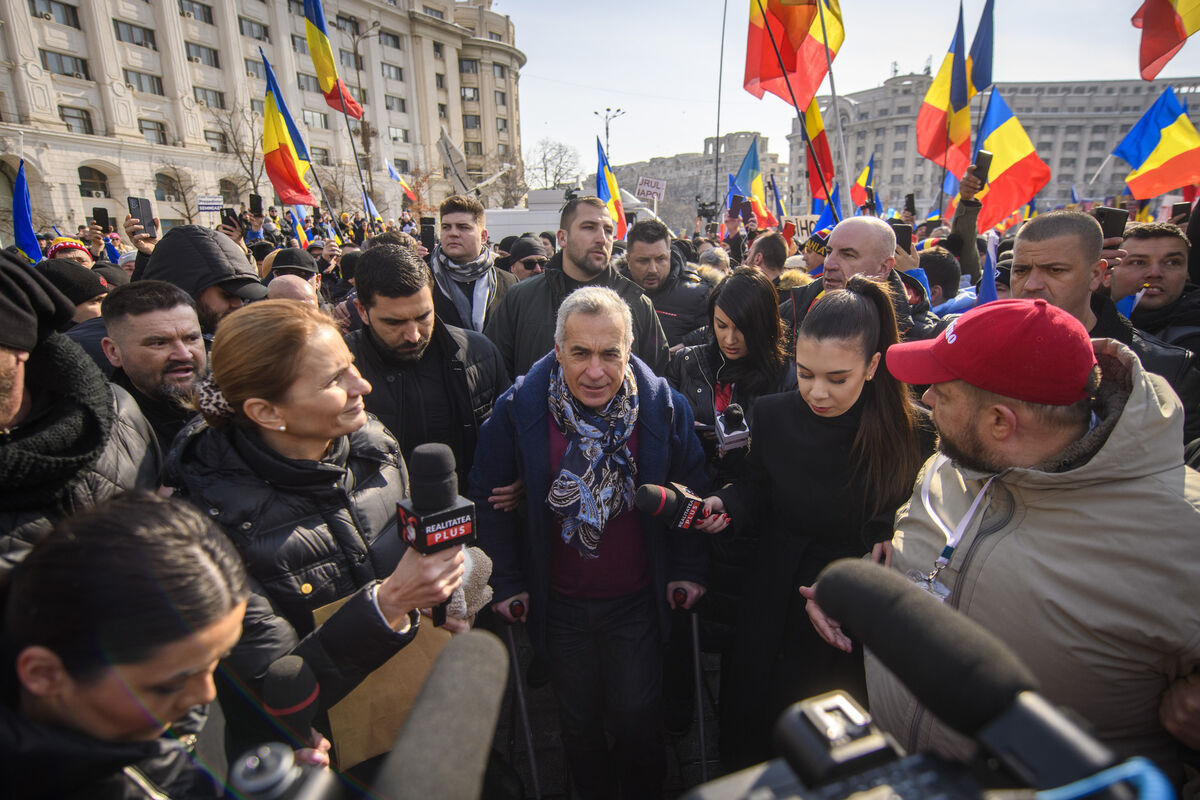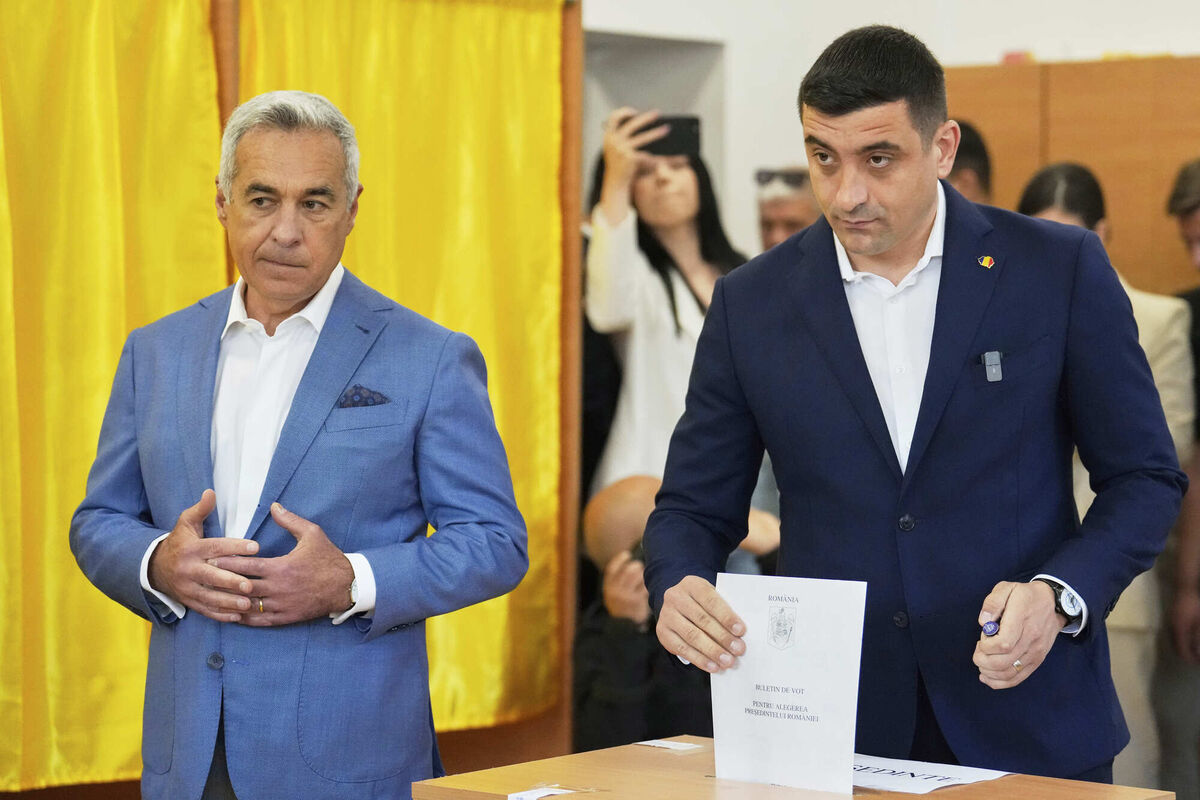Meta's ban on political ads will mean less transparency and more slop for users

After Brexit, Trump and the Cambridge Analytica scandal brought a reckoning, Facebook’s response at the time was to launch a complex authorisation and transparency process for all political advertising on its platforms. File photo/Michael Dwyer
Meta’s announcement on Friday that it will ban all political ads in the EU on Facebook and Instagram is terrible not just for political advertisers but for the public as a whole.
I was Facebook’s first Political Ads representative in Europe, and I launched their Political Ad authorisation and oversight process before leaving the company in 2019. I now advise political campaigners on how to use digital tools, including ads.
From Obama through the Arab Spring to Marriage Equality, at first we were convinced social media was a force for good in elections. But Brexit, Trump and the Cambridge Analytica scandal brought a reckoning: social media companies should be held responsible for nefarious political marketing, given that bad actors now had a way to reach the electorate at a scale and impact never seen before.
Facebook’s response at the time was to launch a complex authorisation and transparency process for all political advertising on its platforms. Anyone who wanted to run ads about politics, elections or “social issues” must prove they were located in the country their ad targeted, providing their national ID, locally-billed credit card and their IP address.
Verifiable contact details for the organisation promoted would be included in an “Ads Library”, where all political ads would be saved for seven years.

The Ad Library would also show how much money had been spent on those ads, and the demographics of people targeted. (You can see this today at facebook.com/ads/library/).
All political ads then required a “Paid for by” disclaimer, including the name of the paying organisation within the ad itself.
This process was cumbersome but effective, if imperfect, in protecting democracies against foreign interference in political matters, and to counter “astro-turfing”: setting up fake grassroots organisations to create the impression of widespread local support for a niche position (as we have seen the far right attempt many times, including here in Ireland).
The Ads Library also provided oversight to journalists, regulators and the general public, who can see what political ads have been run, by whom, how much money they spent, and roughly who those ads targeted.
In 2019, Facebook (now Meta) knew that they were unlikely to make enough money back from political advertising in the EU to justify the investment in these oversight tools. Restrictions on political fundraising and election expenditure in most EU countries mean we will never see the levels of spending on election advertising as in the US.

Even as a sales rep for Government & Politics marketing, I never had a revenue target for political ads.
For Facebook, trying to atone for its failures around Cambridge Analytica, political advertising in the EU was essentially a loss leader: if political parties and governments trusted Facebook, and used their tools to help run elections, then they might feel more favourably towards the company within broader business-related legislation.
Six years later and the mood has shifted both politically and at now-renamed Meta. EU legislation has finally caught up with micro-targeting tactics, and in October 2025 the Transparency and Targeting of Political Advertising (TTPA) regulation comes into force.
Google, who never had as thorough an authorisation and transparency process for political ads as Meta’s, responded in late 2024 that they would ban political ads in the EU. But until now, most of us in the political campaigning world were confident that Meta’s political ad process, with its local authorisation, verification and transparency through the Ad Library, would be sufficient to meet their obligations under the TTPA.
Not so, says VP of Public Policy Europe at Meta, Markus Reinisch. The TTPA would require further changes to Meta’s Political Ad processes “at significant and unsustainable cost”, “without guarantee that our solution would be viewed as compliant”.
Non-compliance with the TTPA leaves tech platforms facing penalties of up to 6% of their turnover; for Meta, this could be as high as €7bn. Still smarting from a €200m EU fine in April, Meta are now saying the quiet part out loud: political ads in the EU don’t make them enough money to justify the investment in authorisation and transparency.
The threat of such heavy fines seals the deal: Meta would rather lose their meagre European political ads revenue than take the risk of non-compliance.
So does the TTPA achieve what it had hoped, protecting Europeans from bad political campaigners who use creepy social media tactics, and increasing transparency around electoral processes online? Sadly, the outcome will be the exact opposite.
Sensationalism and “rage bait” fuel the organic algorithm - the tech behind most social platforms which decides which non-paid content it will show people, out of the millions of stories, pictures and videos posted each day.
It’s extremely hard for mainstream “vanilla” political content - sharing about work on homelessness, or Dáil speeches, or inviting people to a public meeting - to get picked up by the organic algorithm and shown in social media feeds. Meta ads have met this gap for most political campaigners in Ireland and the EU until now - pay a small amount and ensure your content reaches your constituency, or people across the country who care about the theme you’re discussing.
Non-mainstream political voices, particularly those on the far right, have always been more willing to create organic content which ‘games’ the algorithm - gets picked up and shown to more people - by creating outrage, shock, sensationalism or disinformation. Now, in the age of AI video production, content creators will be able to churn out algorithm-baiting videos at a scale never seen before.
Without verification against fake profiles and astro-turfing, bad actors can create multiple profiles to share this content widely and quickly, before it can be detected - as happened in Romania’s recent election, where tens of thousands of fake TikTok accounts churned out millions of views of AI-created disinformation, ultimately resulting in an annulled election.
These content bot farms were driven from outside Romania: without any localisation oversight, foreign interference in political social media will rise. TikTok does not allow political “ads”, but had insufficient detection mechanisms to prevent this non-paid overseas manipulation of a democratic process.

Meanwhile, as we watch the dodgy money move into these unregulated spaces, there will be fewer (likely almost zero) counter voices from mainstream political parties and activists. Of those who manage to gain organic reach through the algorithm, incumbent politicians and parties who have built up large followings on social media will be at a significant advantage over new candidates, smaller parties and niche movements.
Finally, with no public library of political content on Facebook and Instagram, there will no longer be any oversight of what’s out there - no information for journalists or the public, no record for regulators to review after elections.
Backing away from its own Political Ad Library, Meta will be taking away from the EU a profoundly important tool for transparency - the exact opposite of what the TTPA intended.
The briefing shared by the Department of Housing, Local Government and Heritage on Friday stated that “the regulation aims to make it easier for voters to recognise political advertisements, understand who is behind them and know whether they have received a targeted advertisement, so that they are better placed to make informed choices during elections and referendums.”
The true outcome of Meta’s exit from political advertising will be an EU electorate subjected to unregulated, sensationalist AI slop, without insight or accountability. Will this steer electoral outcomes?
Our presidential election in October may yet shape up to be more fractious than we thought.
- Clare is the Director of ODV Digital, a digital consultancy for the political and campaigning sector, based in Dublin





